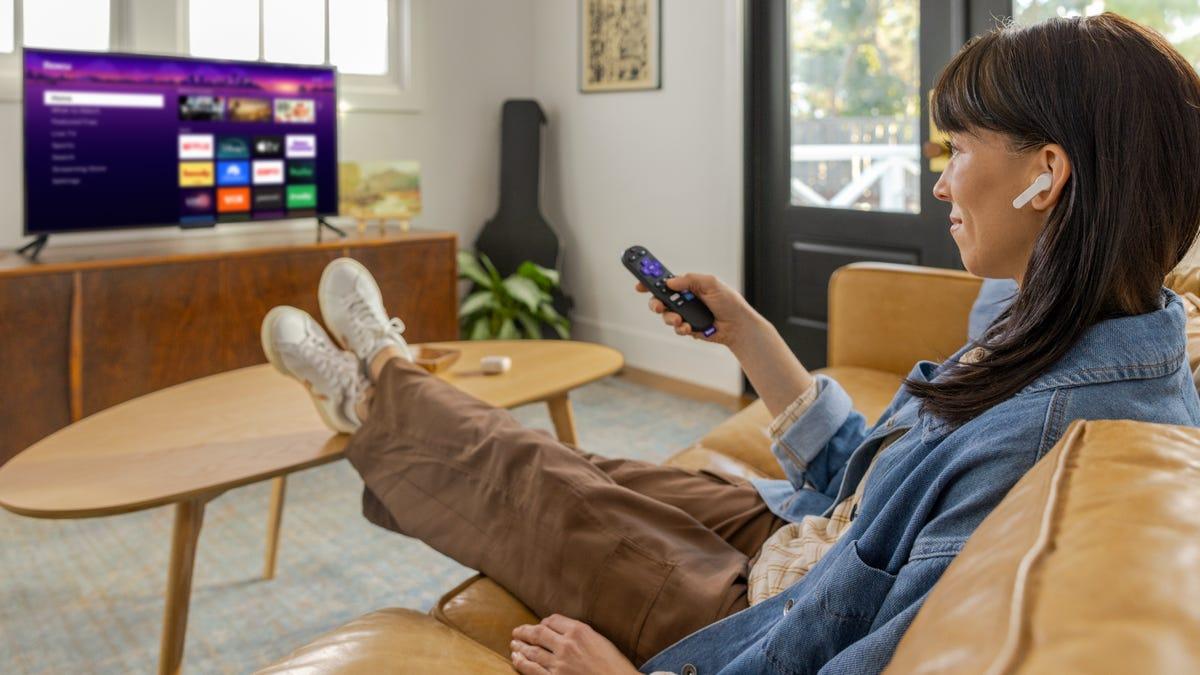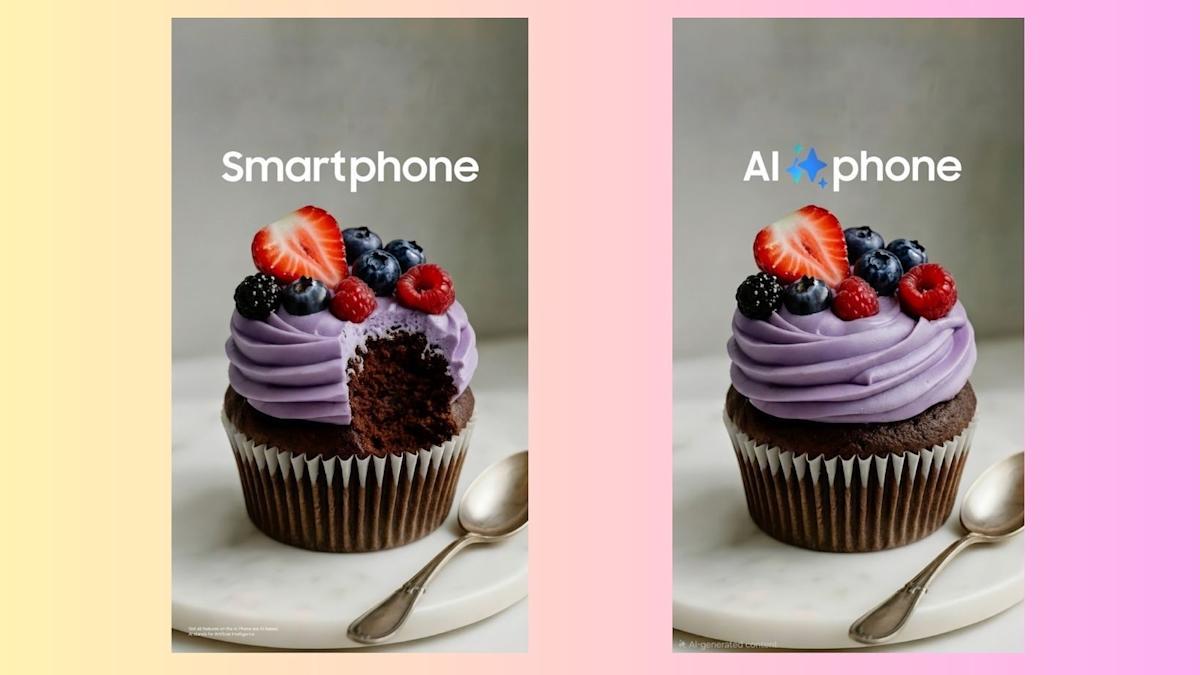Roku's AI-Generated Ad Revolution: A Game-Changer for Small Businesses and Viewers
3 Sources
3 Sources
[1]
Roku plans massive rollout of AI-generated ads on its streaming platform
Serving tech enthusiasts for over 25 years. TechSpot means tech analysis and advice you can trust. Facepalm: Companies are increasingly becoming enamoured with AI-generated ads, even though many viewers find them off-putting. Advertisers are introducing even more repulsive AI slop to an increasingly uneasy audience. They have not bridged the uncanny valley yet, and some lean into the bizarre clips intentionally, as if the creations are the new avant-garde psychedelic. Roku is planning a major push to adopt generative AI for advertising on its popular TV platform. The US streaming leader is working to expand access to next-gen AI advertising tools for smaller companies, which often lack the resources or expertise to manage campaigns. The company unveiled its AI-generated ad plans at an investor conference this month. Roku CFO and COO Dan Jedda said it aims to expand from hundreds of advertisers to more than 100,000. Its popularity is rising, with over 100 million streaming households expected soon. Streaming hours on the Roku Channel spiked 80 percent year-over-year. In July, the service accounted for 2.8 percent of all TV viewing hours in the US. Roku is expanding quickly on video hours, Jedda noted, but has sold only about half of the available ad slots. Generative AI is Roku's idea to better engage small to medium-sized businesses. Right now, the SMB market is still spending most of its marketing budget on web search and social media ads. Television streaming could be the next big thing if it can provide small companies with new tools that don't require significant investment. Jedda noted that a "well-produced" commercial could be running within minutes with Roku's planned generative AI services. I still need to find a generated ad that doesn't make me want to close the browser or step away from my PC, but Roku clearly has enough market strength to shape and promote this potential new business. The streamer is already adding dedicated generative AI tools for smaller advertisers, and many other AI providers are targeting the SMB market as well. Jedda said there's room for multiple players, noting that "millions" of potential SMB advertisers will likely need support from more than one company for their AI-driven marketing. For now, Roku plans to run its generative AI advertising with special marketing campaigns and dedicated sales teams. After all, who wants to hire humans when you have AI agents doing all the dirty work based on your carefully written prompts?
[2]
Roku Wants to Improve Your TV Viewing Experience With a Monsoon of AI-Generated Ads
Advertising is already one of the most annoying parts of watching television and, if a high-level executive at Roku is to be believed, it's about to get a whole lot worse. The Verge reports that the streamer envisions a near future where your TV is flooded with AI-generated advertisements. “No longer is it going to be about the top 200 advertisers,†Roku CFO and COO Dan Jedda told investors during a recent investor conference hosted by Citi. “It’s going to be about 100,000 advertisers.†Oh, dear God, please no. He apparently went on: “You can use gen AI to [make] a very well-produced commercial,†noting that you can “be up and running within minutes.†Who is the target demographic to deploy this sort of advertising? Apparently, the answer is small businesses. This makes sense, since many of said businesses may have limited resources to generate more polished (i.e., human) ads for distribution. Thus, the future of video ads may be the AI-generated equivalent of that sort of thing you see at the bottom of less glamorous websites. “The SMB market has been really shut out of all [connected TV],†Jedda told his audience. Gizmodo reached out to Roku for more information and will update this story when we hear back. The exec didn't give a whole lot of details about Roku's plan to capitalize on AI, other than to "encourage" smaller businesses to use it for advertising. The Verge points out that tools could be made available to smaller businesses to create automated content on Roku's platform, noting: Your local car dealership, or the restaurant next door, is still spending most of its digital marketing budget on search and social media ads. If Roku has its way, a good chunk of that is going to shift to streaming. Part of that shift are self-serve tools that make it easier for smaller businesses to buy ads on smart TVs. However, many mom-and-pop shops have also struggled with a much more fundamental problem: They simply didn’t have the means to produce a TV ad. That’s where AI comes in, according to Jedda. By now, I'm sure most of you are familiar with the experience of watching AI slop. It's true that, as Jedda says, you can get said slop "up and running in minutes." It's also true that, by and large, it is the stuff that nightmares are made of. In short, I'm not entirely sure that businesses are going to prosper if they're using hallucinogenic montages filled with four-fingered humans to sell their products. There was one particular AI-generated ad, produced for online prediction market site Kalshi, that got some press a couple of months ago and, while it wasn't exactly in the same nightmare territory as other genAI crap, it still induced a stomach-churning queasiness in this particular viewer. I suppose the tech could improve and the ads could get better, but I'm just not so sure that most people are going to be thrilled about navigating a flood of televisual spam while they try to unwind for the evening.
[3]
Roku users should get ready for a lot more AI-generated ads, according to its COO - and I mean a lot
AI means very small businesses won't need to have or hire ad creators Whenever I check my Instagram feed and see far too many awful AI slop ads from businesses I've never heard of flogging things I'm not remotely interested in, I think "man, I wish my TV was like this." And if like me you've also recently been kicked in the head by a horse, you're going to love what Roku's predicting. As The Verge reports, Roku finance and operating boss Dan Jedda told investors to prepare for a new era. He said "No longer is it going to be about the top 200 advertisers. It's going to be about 100,000 advertisers." The goal is to shift smaller businesses - think local car dealers and food places - away from social media ads and onto streaming ads instead. This is a really big deal because Roku is the US's market leader: Jedda said that over 20% of all US TV viewing happens on Roku devices, that the Roku Channel's 2.8% TV viewing share in July put it ahead of streamers including Peacock and HBO Max, and that the firm will soon "surpass 100 million streaming households". That's a lot of people that advertisers want to reach, and Roku would really like to help those advertisers do that no matter how big or small they are - with AI as a big part of their ad creation toolkit. According to Jedda, AI means that advertisers will be able to generate "very well-produced" ads within minutes. And that's going to open up ad sales to the previously overlooked small to medium-sized business market. Roku isn't pretending it'll be the only game in town. But if its AI ad toolkit proves compelling to advertisers, then other providers are going to want to compete with that - and that means more AI ads on everything, everywhere.
Share
Share
Copy Link
Roku plans to leverage AI technology to dramatically increase its advertiser base, potentially transforming the streaming ad landscape. This move aims to make TV advertising accessible to small and medium-sized businesses, but raises concerns about ad quality and viewer experience.
Roku's Bold Move into AI-Generated Advertising
Roku, the leading streaming platform in the United States, is set to revolutionize the advertising landscape with a massive rollout of AI-generated ads. The company's Chief Financial Officer and Chief Operating Officer, Dan Jedda, unveiled this ambitious plan at a recent investor conference, signaling a significant shift in the streaming advertising market
1
.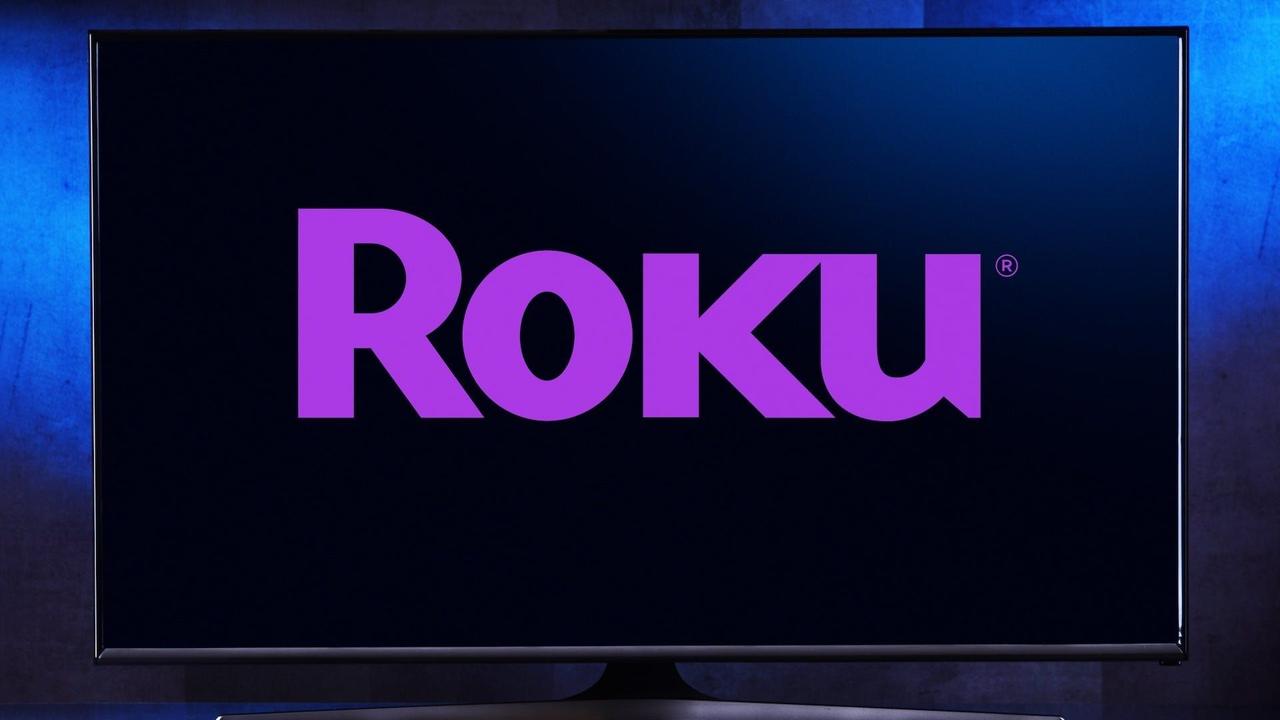
Source: Gizmodo
Expanding the Advertiser Base
The core of Roku's strategy is to dramatically increase its advertiser base from the current hundreds to over 100,000
2
. This expansion primarily targets small to medium-sized businesses (SMBs) that have traditionally been priced out of television advertising. By leveraging generative AI technology, Roku aims to provide these businesses with tools to create "well-produced" commercials within minutes, potentially shifting a significant portion of SMB marketing budgets from search and social media to streaming platforms1
.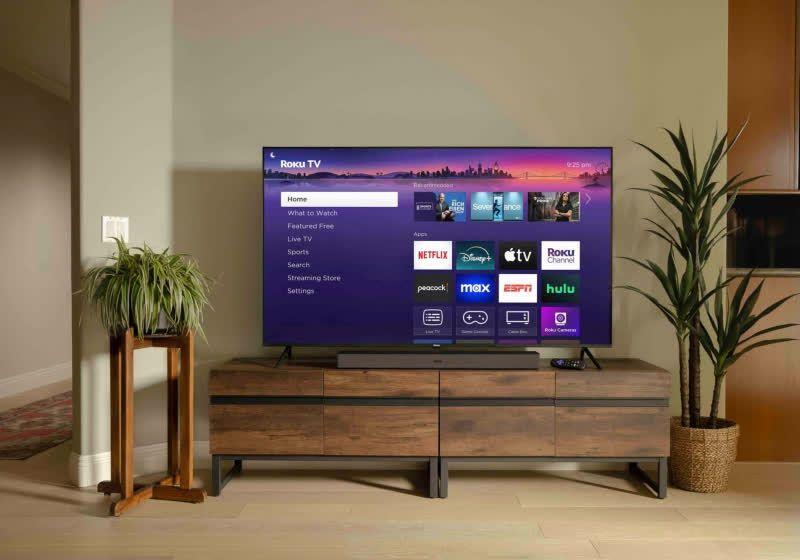
Source: TechSpot
Roku's Market Position and Growth
Roku's position as a market leader makes this initiative particularly significant. The company accounts for over 20% of all US TV viewing and is expected to soon surpass 100 million streaming households
3
. The Roku Channel itself has seen an 80% year-over-year increase in streaming hours, capturing 2.8% of all TV viewing hours in the US as of July1
.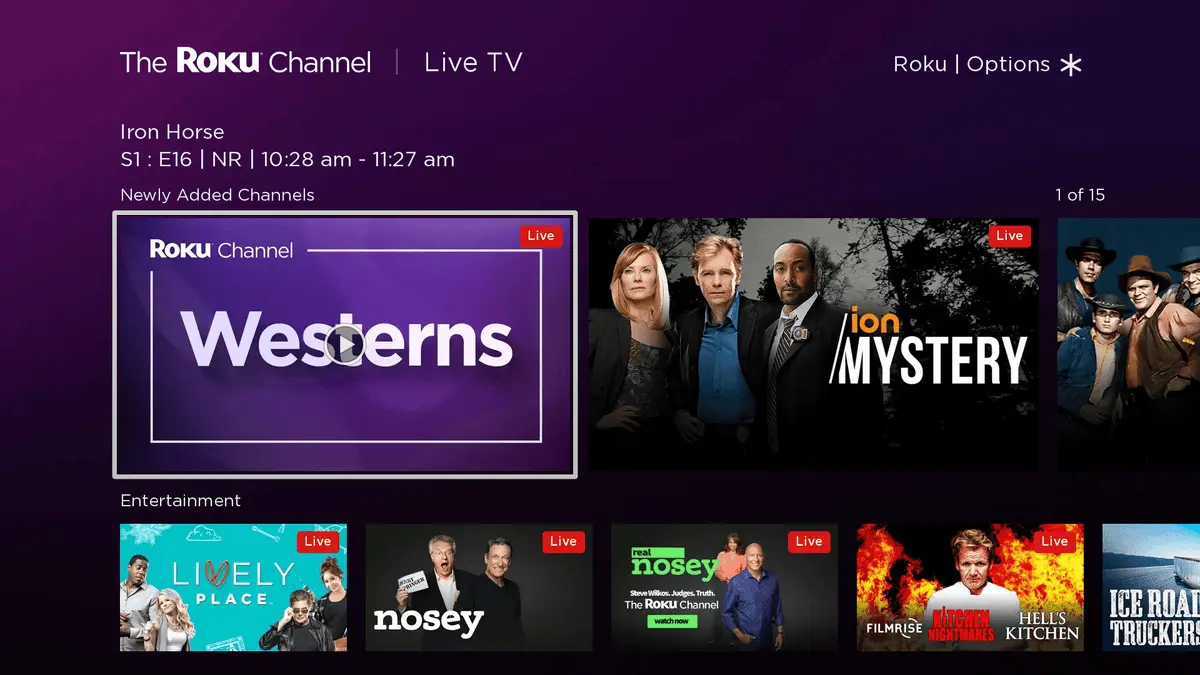
Source: TechRadar
Related Stories
Concerns and Criticisms
Despite the potential benefits for small businesses, this move has raised concerns among industry observers and viewers. Critics argue that AI-generated ads often fall short in quality and can be off-putting to audiences
1
. There are worries about the "uncanny valley" effect and the potential for a flood of low-quality, AI-generated content that could negatively impact the viewing experience2
.Implications for the Advertising Industry
Roku's initiative could have far-reaching effects on the advertising industry. If successful, it may prompt other streaming services and platforms to develop similar AI-driven advertising tools
3
. This could lead to a significant shift in how small businesses approach marketing, potentially democratizing access to TV advertising while also changing the landscape of ads that viewers encounter.References
Summarized by
Navi
Related Stories
Netflix and YouTube Unveil AI-Powered Ad Innovations, Raising Concerns About User Experience
16 May 2025•Technology
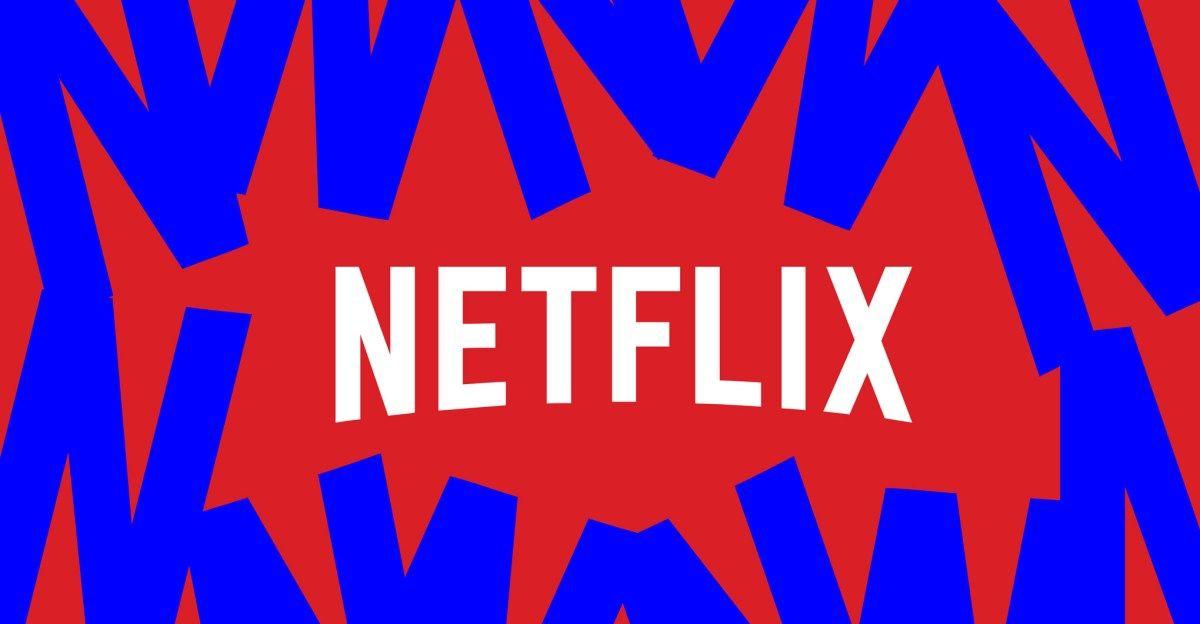
AI-Generated Ad Debuts During NBA Finals, Sparking Debate on Future of Advertising
13 Jun 2025•Technology

Amazon Launches AI-Powered Video Ad Generator for US Advertisers
12 Jun 2025•Technology

Recent Highlights
1
ByteDance Faces Hollywood Backlash After Seedance 2.0 Creates Unauthorized Celebrity Deepfakes
Technology

2
Microsoft AI chief predicts artificial intelligence will automate most white-collar jobs in 18 months
Business and Economy

3
Google reports state-sponsored hackers exploit Gemini AI across all stages of cyberattacks
Technology

